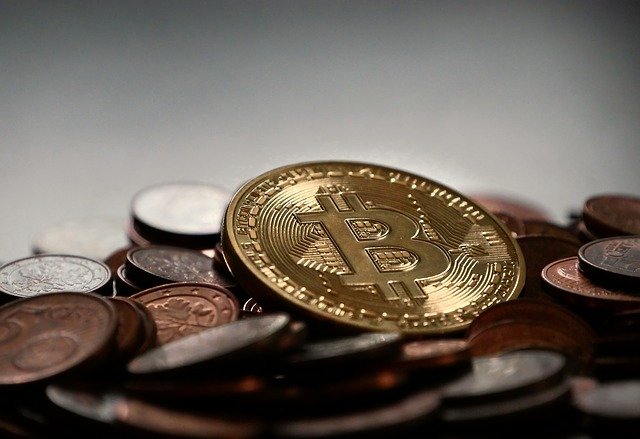
The Blockchain and Digital Crime
I've been following onG.social which is creating a decentralized social media system where a person can access all of their social media feeds from a secure, decentralized source. It's blockchain-based.
One of the advantages is that users will increasing own their content and will be able to monetize it or receive some of the profits. Blockchain systems often promote the idea of removing censorship.
So that sounds great, right? Privacy, security, no censorship? Well, I read the article written by Steven L Rhyner (linked below) and he discusses, in part, the blockchain and digital crime.
One statistic was mind-blowing. "A staggering 81% of internet crimes take place via social media, meaning Blockchain technology's security may actually be like handing the fox the keys to the henhouse."
One option is for decentralized systems to self-police. OnG and WildSpark use digital tokens to manage content. On Steemit, upvotes let us know that a group of people view given content as good and legitimate. If we find that the content is plagiarized, then we can flag the post or use other mechanisms.
Then there are the various scams that averge people might try to run, where they take advantage of the people on a given platform. Self-policing would probably work well there too.
The larger problem would be coordinated scams, either internal or external. To handle that through self-policing might be more difficult.
Would self-policing in practice require a dedicated group of people who would focus on policing both content and services? The question then is: does centralizing certain responsibilities still make sense in a decentralized, blockchain-based system?
Thoughts?